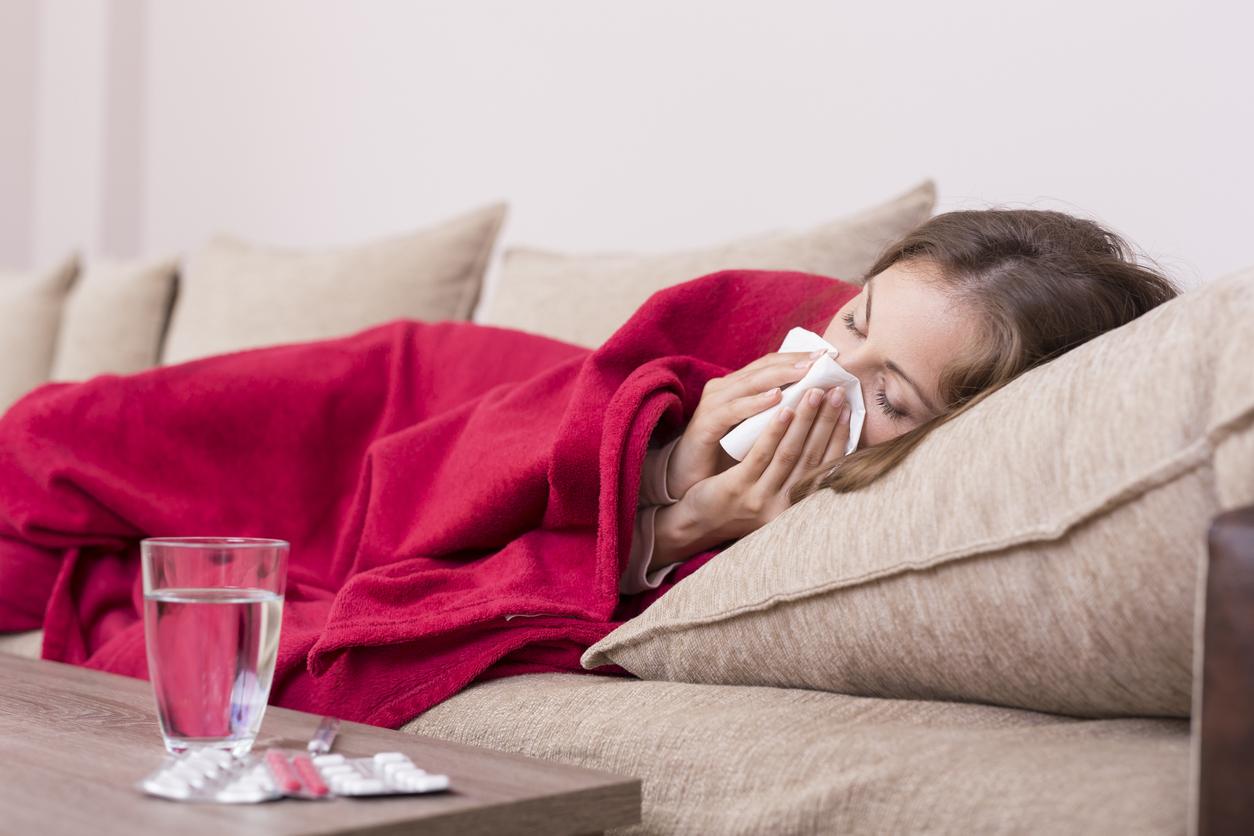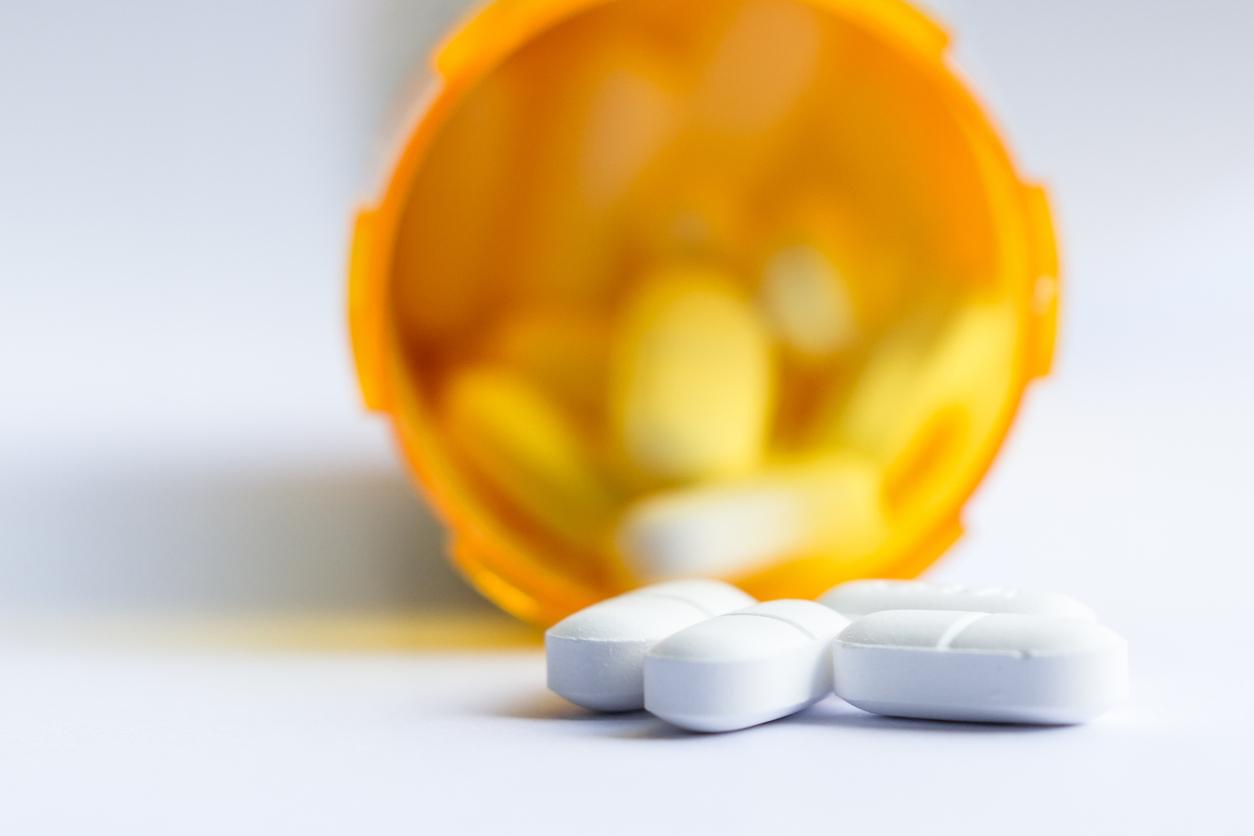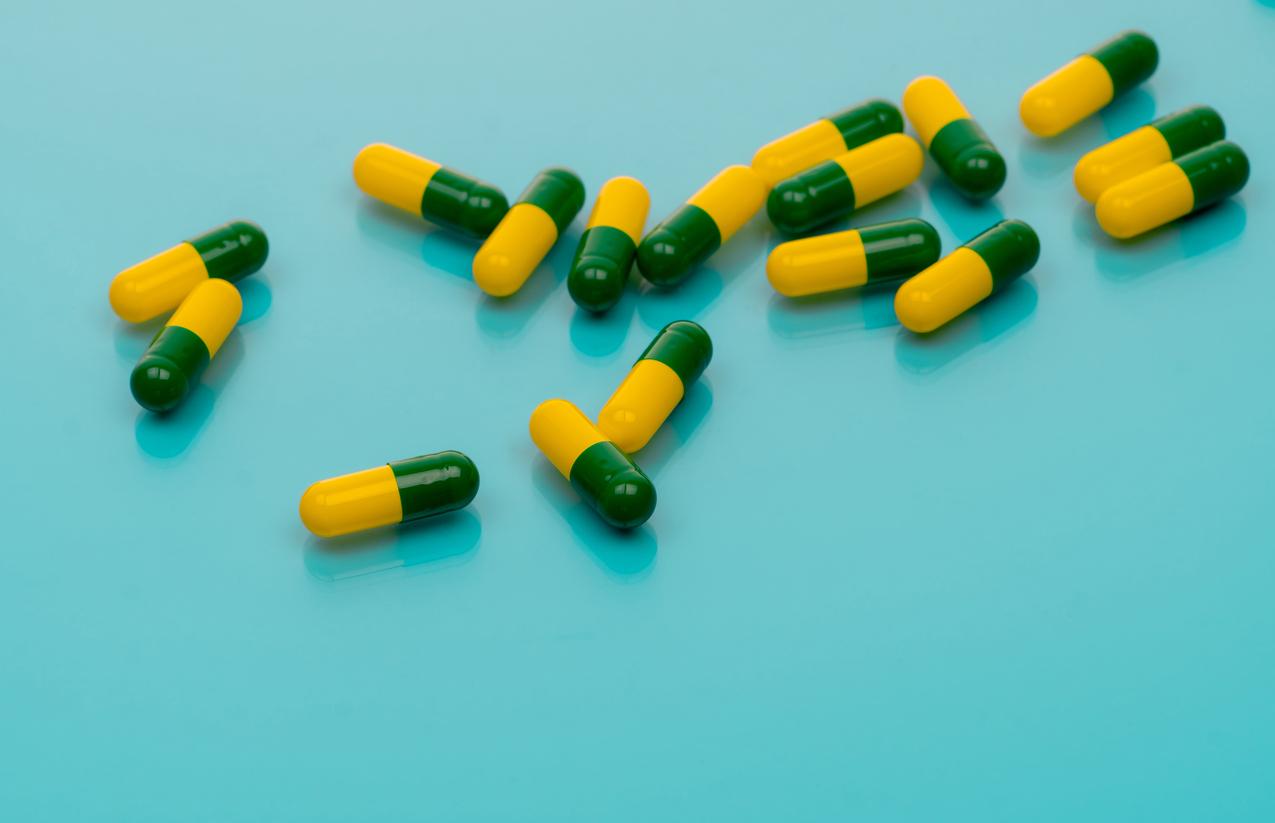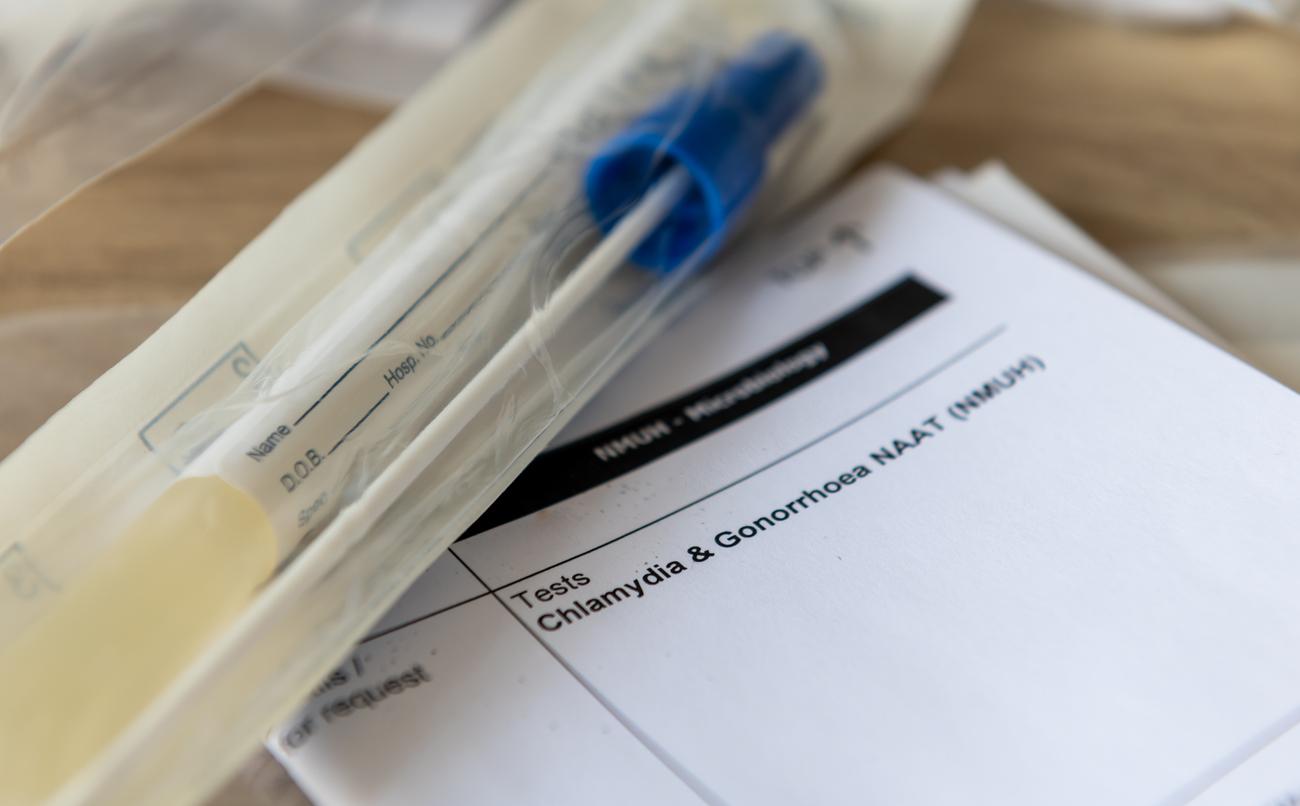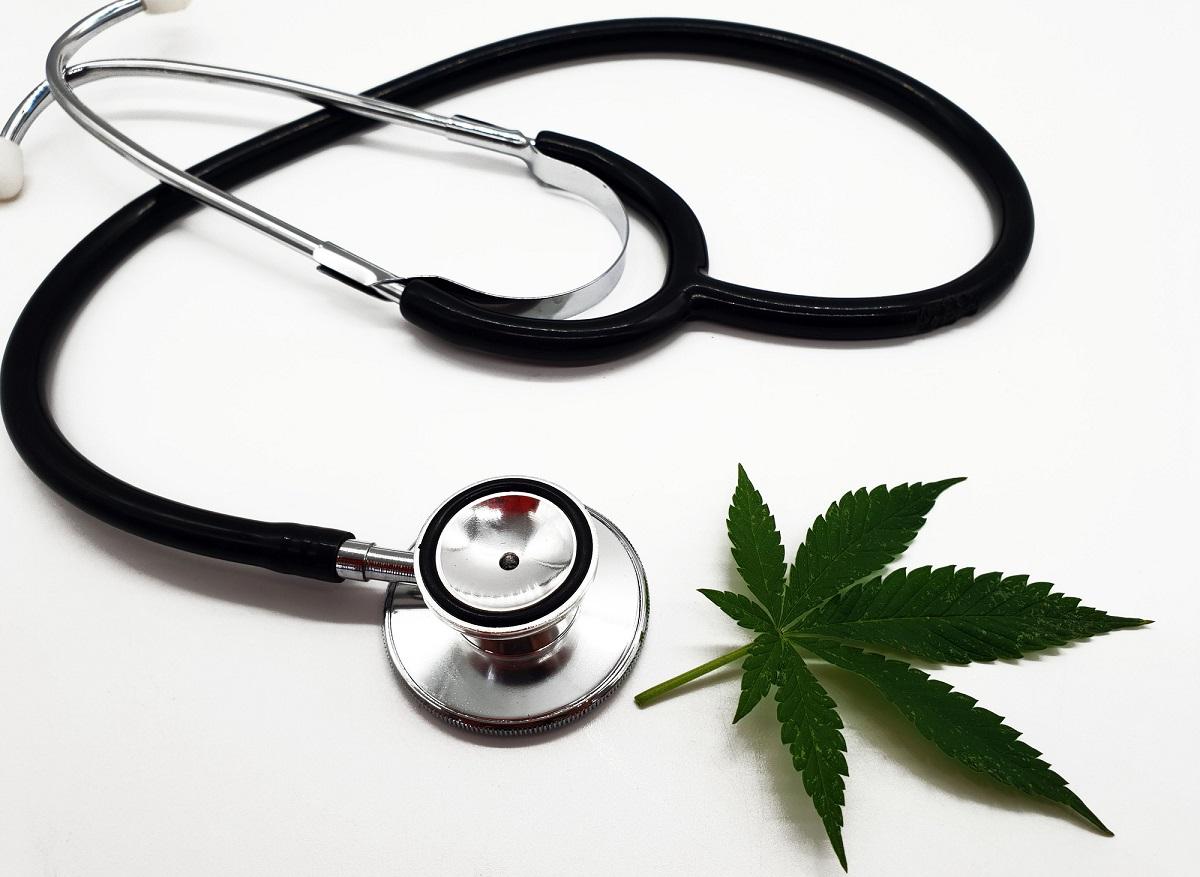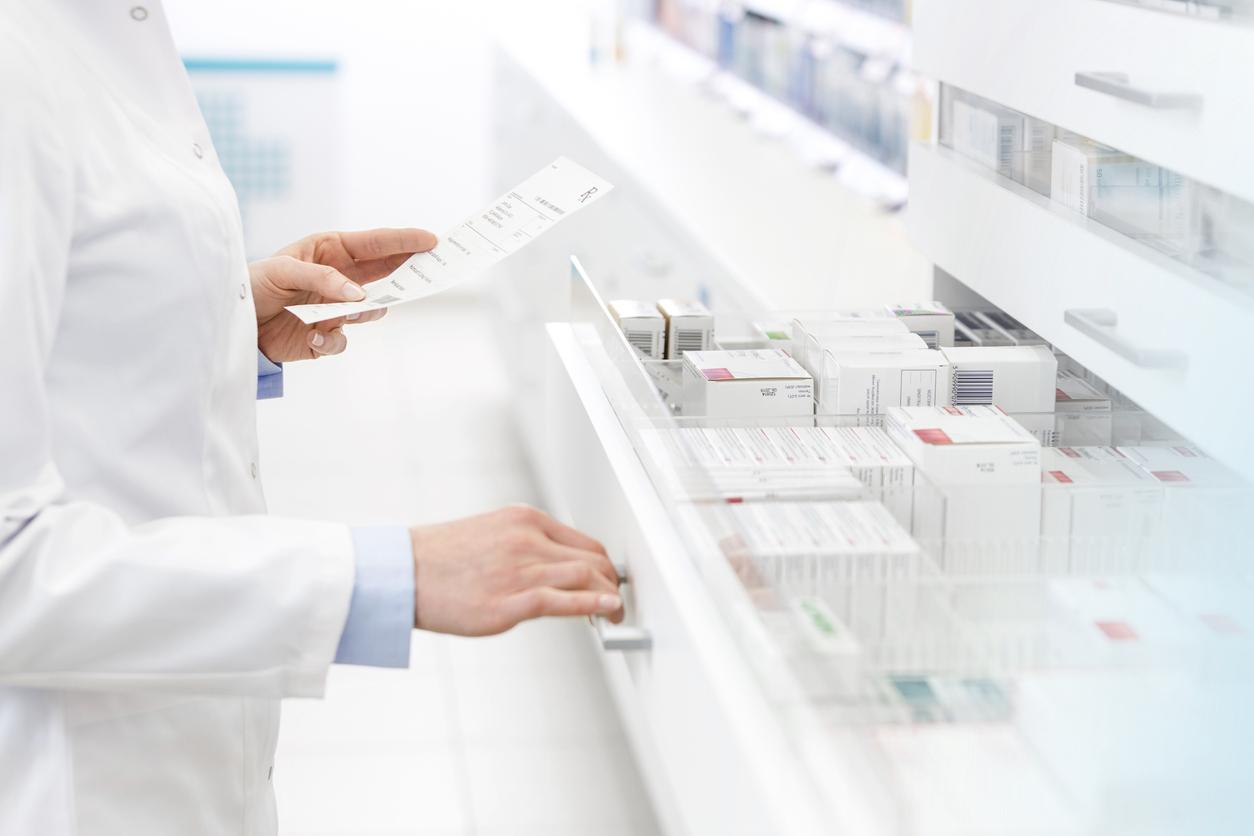
What can you do about it?
When you suddenly get a different medicine in the pharmacy than you are used to, you are surprised. Is that just possible?
It has to do with the ‘preference policy’ of many health insurers. They choose the cheapest drug as the drug of choice. These are ‘generics’ that contain the same active ingredient as an (expensive) branded medicine. The appearance of the pills and packaging often differs per manufacturer.
Is that just possible?
In principle, different ‘brands’ of a particular medicine can be exchanged without risk. But sometimes there are differences in the excipients. There is a catch with the latter. For example, you may be allergic to a certain excipient. Furthermore, a substance may differ slightly in the case of ‘biologicals’ (medicines that consist of natural proteins, such as insulin or immunosuppressants).
How often do patients receive another medicine?
It can happen that an insurer changes manufacturer more than once a year. The patient then always receives a ‘different’ generic medicine from the pharmacy. This can be quite confusing, especially if you take several medicines on a daily basis; you can make mistakes faster that way. The Consumers’ Association has urged health insurers to change their preferred means no more than once a year and to announce this at the same time as the new policy conditions. Consumers can then take this into account when choosing a health insurer.
What can you do yourself?
- You can choose a health insurer that does not have a preferential policy for cheaper medicines.
- If your insurer does have a preferential policy, the doctor or general practitioner can indicate on the prescription that it is medically necessary for you to receive the more expensive variant of a medicine. This is only allowed if the composition, dosage or administration form of a medicine is so special that only one specific (brand) medicine qualifies. It is then medically irresponsible for you to be treated with a preferred drug. Unfortunately, this does not guarantee that the pharmacist will dispense the more expensive drug. The pharmacist has to check whether there is really a medical necessity. In addition, the patient should always have tried the (cheaper) generic first. It is therefore possible that the pharmacist deviates from the prescription and still gives the cheaper generic product. If you do get the more expensive variant, it depends on your insurance whether and how much you get reimbursed.
- Do you have swallowing problems and do you receive a medicine in a different form, for example as large tablets? Report this to your pharmacist. He can, for example, explain how to dissolve a tablet, or find a variant that is easier to take. Pharmacists no longer make small pills from large ones.
- Good to know: if you absolutely want a more expensive (equivalent) medicine than your health insurer has indicated, but there is no medical necessity, then you have to pay for it in full yourself.
Sources):
- Plus Magazine








